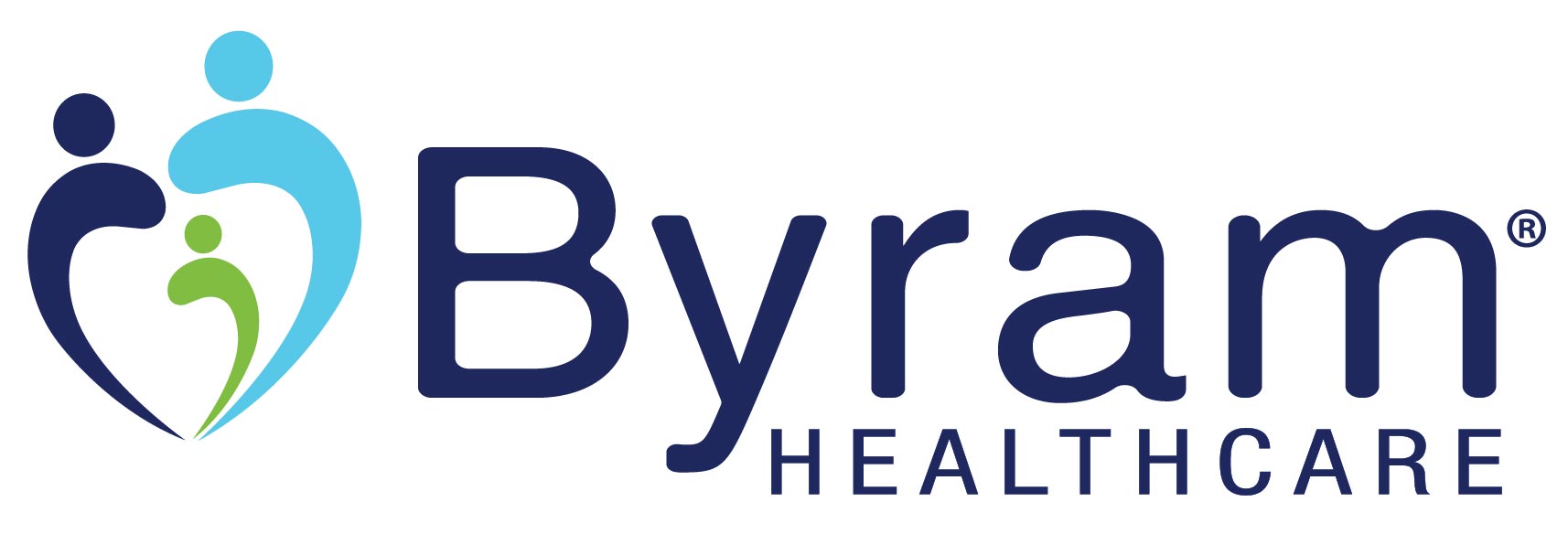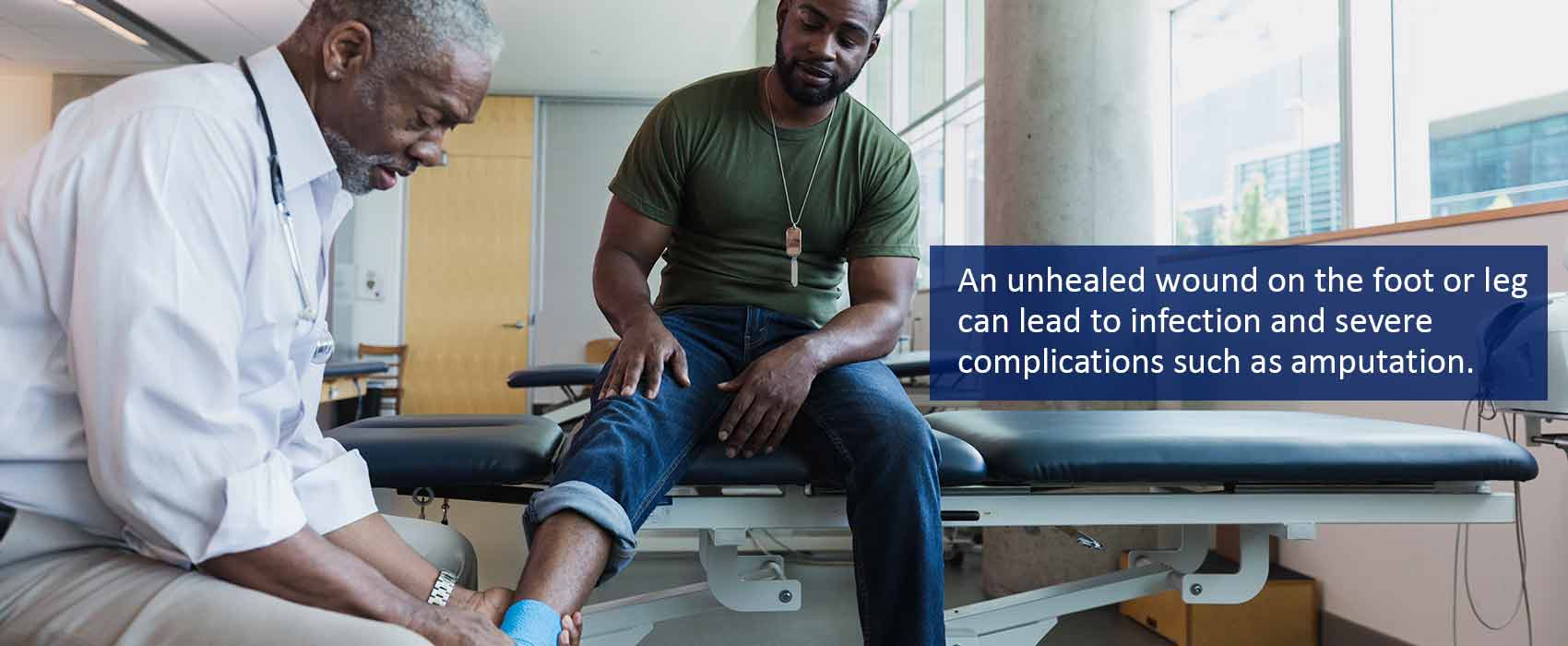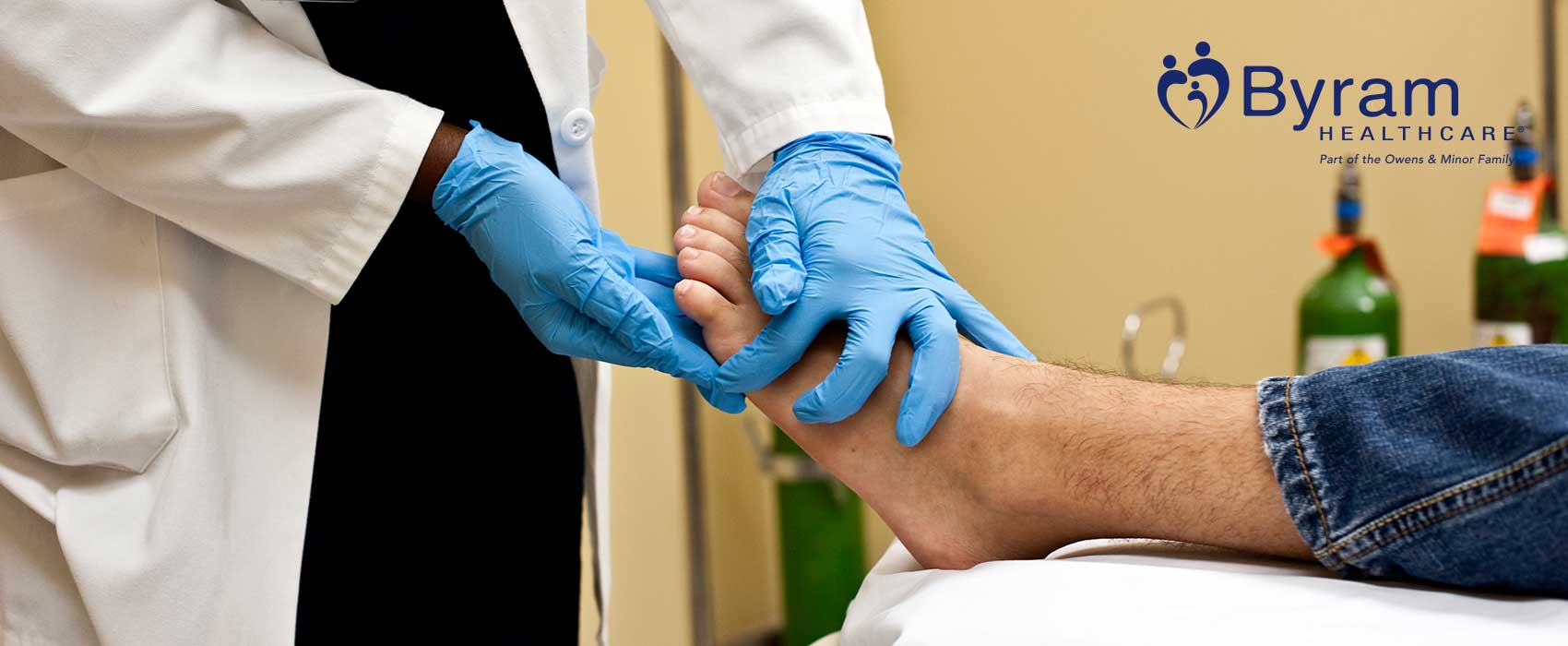
When you get injured, your body goes into a state of shock. The initial trauma can cause a variety of different types of wounds, all of which need to be properly taken care of to avoid any risks of infection or complications. However, certain things affect wound healing. Some of them can be controlled, while others just need to be accepted. Here are 8 factors that affect wound healing.
- Overall Health
Your overall health is a huge determinant on a number of different things. Healthy people are less likely to develop chronic disease, their organs are more efficient, and their wounds heal faster. The five main things to consider when living a healthy lifestyle are your overall nutrition, activity level, how strong your immune system is, whether you’re a smoker or not, and how much alcohol you consume on a weekly basis.
In terms of nutrition, everything you put into your body either helps you or harms you. In order to heal quickly and avoid acute wounds from turning chronic, you need to nourish your body with plenty of fruits and vegetables, lean proteins, whole grains, healthy fats, and fiber. Processed foods wreak havoc on your body and cause far more harm than the convenience they offer. If you want to improve the healing time of your wound, switch to a whole diet that provides your body with all of the essential vitamins and minerals you need. If you’re unable to get all of the nutrients that are necessary for proper cell repair and growth, for whatever reason, talk to your doctor about options to supplement your diet with a multivitamin or vitamins that you’re deficient in.
Your daily activity level is also extremely important to your overall health. People who live sedentary lifestyles are more at risk for problems and complications from procedures or healing. You need to get your blood flowing regularly and avoid standing or sitting for excessive periods of time. If you have a job that requires you to be sedentary for most of the day, take a 5-10-minute walk around the office every hour or so or consider investing in a standing desk. When you help your blood circulate in a healthy way, your body will be more efficient at healing.
Both of these factors—nutrition and daily activity—help to build a strong immune system. Unfortunately, certain medical conditions can weaken your immune system or make you more susceptible to injury. When you have a weakened immune system, your wounds will take longer to heal. If you’re taking immunosuppressants or undergoing radiation therapy, make sure that you tell your doctor to better prepare you for the wound healing process.
We all know how bad smoking is for our bodies, but it also severely inhibits the time it takes for a wound to heal. Similarly, excessive consumption of alcohol can contribute to slow healing or chronic wounds. If you need help quitting smoking or reducing your alcohol intake, talk to your doctor about the options available to you.
- Age
While age is just a number, it still has an effect on how our bodies perform. As we get older, it becomes increasingly difficult to move around as our bones and muscles begin to weaken. Age affects every single aspect of our lives, including our body’s ability to heal wounds. Things process more slowly, and it takes more time for the wound to progress through stages of healing. Your skin becomes thinner and more susceptible to damage and your body’s inflammatory response isn’t as fast as it used to be. This means that not only are you more susceptible to getting injured and having acute wounds, your body will take longer to heal, and chronic wounds become more prevalent.
- Weight
Obesity is a serious disease that occurs when you have an excessive amount of body fat. While a lot of people have been moving toward the mentality of loving your bodies, regardless of size, obesity is still dangerous and can cause serious medical problems—it’s not only about cosmetics. While there’s no reason for self-hate, it is important to address obesity and work towards losing weight. Obesity contributes to a myriad of problems that can be life threatening. It also severely hinders your body’s ability to heal wounds, which can increase your risk of infection. If you need help losing weight, or are interested in learning about weight loss options, talk to your doctor today.
An increase in body fat also contributes to poor blood circulation, which can slow the wound healing process. If you have vascular disease, whether it’s due to weight or not, you’ll experience delayed healing and may need additional wound care supplies to avoid acute wounds from turning chronic. Talk to your doctor if you have vascular disease or low blood pressure to get a better understanding of how you can help your body heal faster.
- Trauma Type
The type of wound that you incur makes a difference as to how fast a wound is going to heal. Severe wounds can take months longer to heal than wounds that are only affecting the top layers of your epidermis. Similarly, the shape, depth, and size of the wound will make a difference in the healing process. Linear wounds tend to heal faster than wide, rectangular wounds since coagulation can occur more quickly. Circular wounds take the longest to heal, as the affected area needs to heal from the outside in. The cause of the injury will also make a difference as to how fast the wound heals. If you’ve been in a serious injury, you will likely spend some time healing in the hospital so that doctors can monitor your wounds and reduce the likelihood of infection.
- Skin Moisture
In order for wounds to heal properly, they need a certain degree of moisture and fluid. Dry wounds can cause lesions, are more susceptible to infection, and causes elongated healing times. People with naturally dry skin are also at risk of thickening, which can slow down the healing process. Talk to your doctor if you suffer from dry skin to learn more about what you can do to improve your body’s natural healing. With that being said, wounds can also be overly moist, which can put you at risk for maceration. There are different types of bandages made to help you achieve the optimal skin moisture to speed up recovery.
- Chronic Conditions
If you have any type of chronic condition, it puts a strain on your body and can affect wound healing. People with cardiovascular conditions are at the highest risk of slow wound healing, as it can affect the blood flow that is needed to help repair wounds and produce new skin. People with diabetes are also at risk for slow healing wounds along with immunodeficiency conditions.
- Medications
Certain medications can hinder your body’s natural ability to heal wounds. If you’re taking any medications and are injured, make sure that you tell your doctor so they can create a treatment plan that works with your body. Many arthritis drugs can interfere with the inflammation healing stage, but so can aspirin and ibuprofen. Only take doctor-approved medications during the healing process so that your body can adequately clot and heal. Depending on the medication you’re taking, there could be an alternative or it might be beneficial to discontinue taking the medication until after your wound has healed. Again, always confirm this with your doctor, as certain medications are essential for everyday functioning.
- Wound Care
Finally, how you take care of your wound has a direct impact on how well it heals. When you don’t properly care for your wound, you can increase your risk of infection or complications. Using the correct dressings, creams, and any cleaning procedures will greatly enhance your wound healing process and allow you to facilitate healthy healing. If you’re unsure as to how to care for your wound, talk to your doctor about recommendations and to better understand how to properly change your dressings when you return home.
Conclusion
If you want to make sure that your wounds heal safety and in a timely matter, it’s important to stay healthy and talk to your doctor about creating a specific treatment plan. Healing an acute wound is easy, but if it transitions into a chronic wound it’s going to become more difficult and take exponentially longer to heal. The best way to be ready is to have a good supply of wound care supplies and any wound dressings you may need. Byram Healthcare is a leading wound care supplier with an outstanding Chronic Wound Program and plenty of educational materials. We aim to help reduce costs to the health care system, patients, and any facilities that may need supplies through direct ordering and comprehensive resources. At Byram Healthcare, we have everything from bandages and gauze to collagen dressings, hydrogels, and compression bandages. Check out our new wound care product catalog to get started today!




